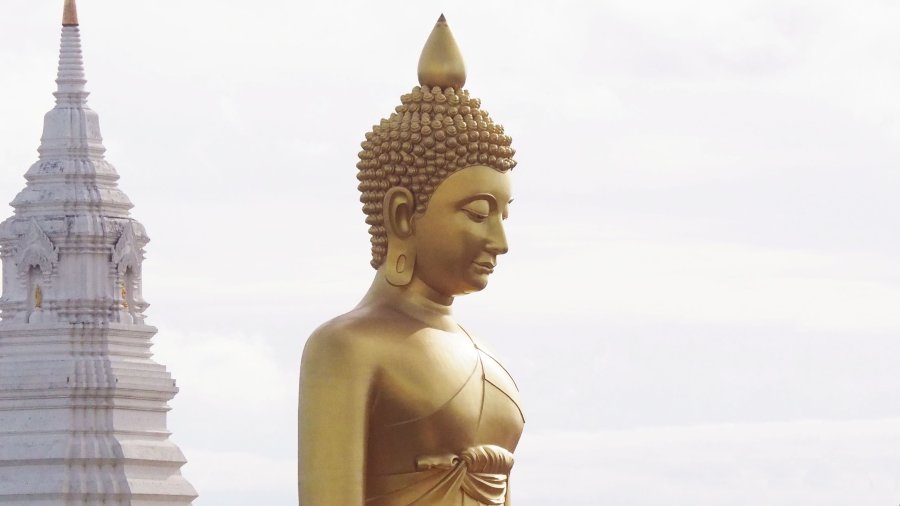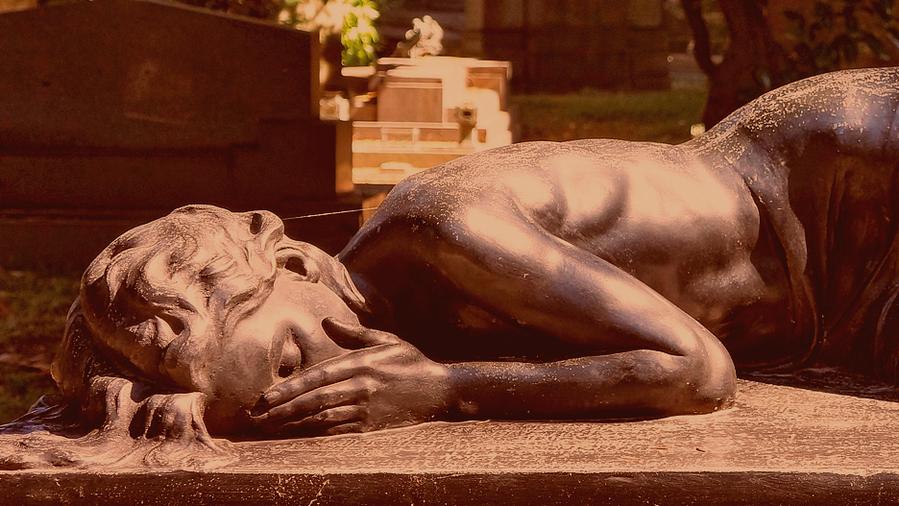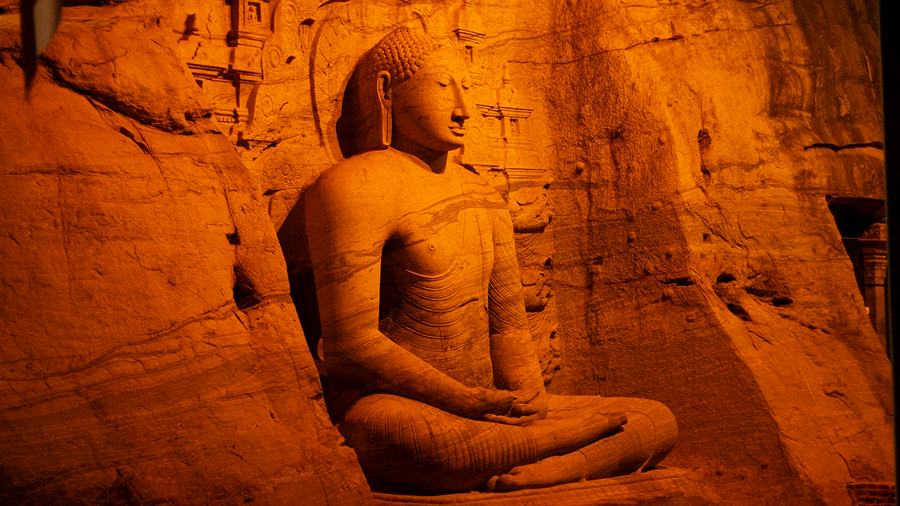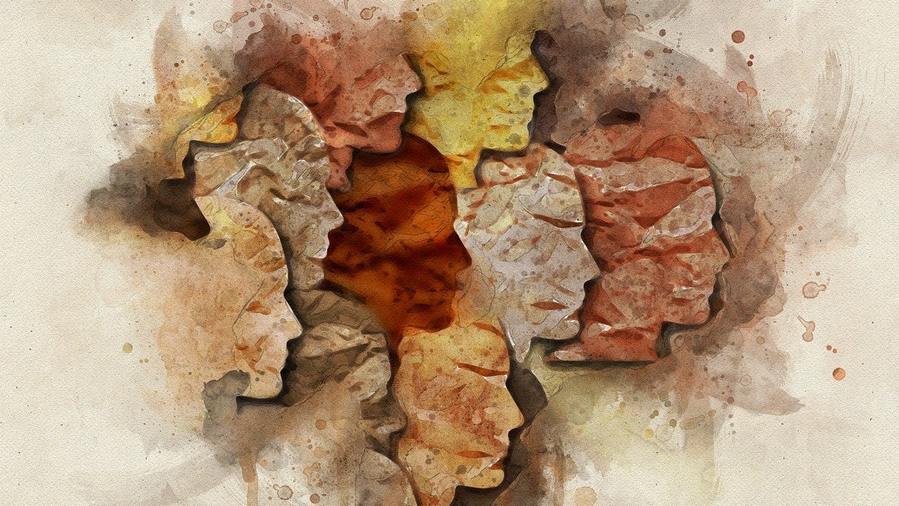NOTE: This sutta is longer than usual, but it gives lots of wonderful advice for lay life. Especially on wealth and how to use it.
Then the householder Anāthapiṇḍika approached the Blessed One…. The Blessed One said to him:
“Householder, there are these four things that are wished for, desired, agreeable, and rarely gained in the world. What four?
(1) “One thinks: ‘May wealth come to me righteously!’ This is the first thing in the world that is wished for … and rarely gained in the world.
(2) “Having gained wealth righteously, one thinks: ‘May fame come to me and to my relatives and preceptors!’ This is the second thing … rarely gained in the world.
(3) “Having gained wealth righteously and having gained fame for oneself and for one’s relatives and preceptors, one thinks: ‘May I live long and enjoy a long life span!’ This is the third thing … rarely gained in the world.
(4) “Having gained wealth righteously, having gained fame for oneself and for one’s relatives and preceptors, living long and enjoying a long life span, one thinks: ‘With the breakup of the body, after death, may I be reborn in a good destination, in a heavenly world!’ This is the fourth thing … rarely gained in the world.
“These are the four things that are wished for, desired, agreeable, and rarely gained in the world.
“There are, householder, four other things that lead to obtaining those four things. What four? Accomplishment in faith, accomplishment in virtuous behavior, accomplishment in generosity, and accomplishment in wisdom.
(1) “And what, householder, is accomplishment in faith? Here, a noble disciple is endowed with faith; he places faith in the enlightenment of the Tathāgata thus: ‘The Blessed One is an arahant, perfectly enlightened, accomplished in true knowledge and conduct, fortunate, knower of the world, unsurpassed trainer of persons to be tamed, teacher of devas and humans, the Enlightened One, the Blessed One.’ This is called accomplishment in faith.
(2) “And what is accomplishment in virtuous behavior? Here, a noble disciple abstains from the destruction of life … abstains from liquor, wine, and intoxicants, the basis for heedlessness. This is called accomplishment in virtuous behavior.
(3) “And what is accomplishment in generosity? Here, a noble disciple dwells at home with a mind free from the stain of miserliness, freely generous, openhanded, delighting in relinquishment, devoted to charity, delighting in giving and sharing. This is called accomplishment in generosity.
(4) “And what is accomplishment in wisdom? If one dwells with a heart overcome by longing and unrighteous greed, one does what should be avoided and neglects one’s duty, so that one’s fame and happiness are spoiled. If one dwells with a heart overcome by ill will … by dullness and drowsiness … by restlessness and remorse … by doubt, one does what should be avoided and neglects one’s duty, so that one’s fame and happiness are spoiled.
“When, householder, a noble disciple has understood thus: ‘Longing and unrighteous greed are a defilement of the mind,’ he abandons them.
When he has understood thus: ‘Ill will is a defilement of the mind,’ he abandons it.
When he has understood thus: ‘Dullness and drowsiness are a defilement of the mind,’ he abandons them.
When he has understood thus: ‘Restlessness and remorse are a defilement of the mind,’ he abandons them.
When he has understood thus: ‘Doubt is a defilement of the mind,’ he abandons it.
“When, householder, a noble disciple has understood thus: ‘Longing and unrighteous greed are a defilement of the mind’ and has abandoned them; when he has understood thus: ‘Ill will … Dullness and drowsiness … Restlessness and remorse … Doubt is a defilement of the mind,’ and has abandoned it, he is then called a noble disciple of great wisdom, of wide wisdom, one who sees the range, one accomplished in wisdom. This is called accomplishment in wisdom.
“These are the four other things that lead to obtaining the four things that are wished for, desired, agreeable, and rarely gained in the world.
“With wealth acquired by energetic striving, amassed by the strength of his arms, earned by the sweat of his brow, righteous wealth righteously gained, the noble disciple undertakes four worthy deeds. What four?
(1) “Here, householder, with wealth acquired by energetic striving … righteously gained, the noble disciple makes himself happy and pleased and properly maintains himself in happiness; he makes his parents happy and pleased and properly maintains them in happiness; he makes his wife and children, his slaves, workers, and servants happy and pleased and properly maintains them in happiness; he makes his friends and companions happy and pleased and properly maintains them in happiness. This is the first case of wealth that has gone to good use, that has been properly utilized and used for a worthy cause.
(2) “Again, with wealth acquired by energetic striving … righteously gained, the noble disciple makes provisions against the losses that might arise from fire, floods, kings, thieves, or displeasing heirs; he makes himself secure against them. This is the second case of wealth that has gone to good use … for a worthy cause.
(3) “Again, with wealth acquired by energetic striving … righteously gained, the noble disciple makes the five oblations: to relatives, guests, ancestors, the king, and the deities. This is the third case of wealth that has gone to good use … for a worthy cause.
(4) “Again, with wealth acquired by energetic striving … righteously gained, the noble disciple establishes an uplifting offering of alms—an offering that is heavenly, resulting in happiness, conducive to heaven—to those ascetics and brahmins who refrain from intoxication and heedlessness, who are settled in patience and mildness, who tame themselves, calm themselves, and train themselves for nibbāna. This is the fourth case of wealth that has gone to good use, that has been properly employed and used for a worthy cause.
“These, householder, are the four worthy deeds that the noble disciple undertakes with wealth acquired by energetic striving, amassed by the strength of his arms, earned by the sweat of his brow, righteous wealth righteously gained. When anyone exhausts wealth on anything apart from these four worthy deeds, that wealth is said to have gone to waste, to have been squandered, to have been used frivolously. But when anyone exhausts wealth on these four worthy deeds, that wealth is said to have gone to good use, to have been properly used, to have been utilized for a worthy cause.”
“I’ve enjoyed wealth,
supported my dependents,
and overcome adversities.
I have given an uplifting offering
and performed the five oblations.
I have served the virtuous monks,
the self-controlled celibate ones.“I have achieved whatever purpose
a wise person, dwelling at home,
might have in desiring wealth;
what I have done brings me no regret.”Recollecting this, a mortal
remains firm in the noble Dhamma.
They praise him here in this life,
and after death he rejoices in heaven.
Read this translation of Aṅguttara Nikāya 4.61 Pattakammasutta: Worthy Deeds by Bhikkhu Bodhi on SuttaCentral.net. Or read a different translation on SuttaCentral.net or Ancient-Buddhist-Texts.net. Or listen on PaliAudio.com or SC-Voice.net. Or explore the Pali on DigitalPaliReader.online.
Or read a translation in Deutsch, বাংলা, Español, Français, Bahasa Indonesia, 日本語, မြန်မာဘာသာ, Русский, සිංහල, ไทย, Tiếng Việt, or 汉语. Learn how to find your language.

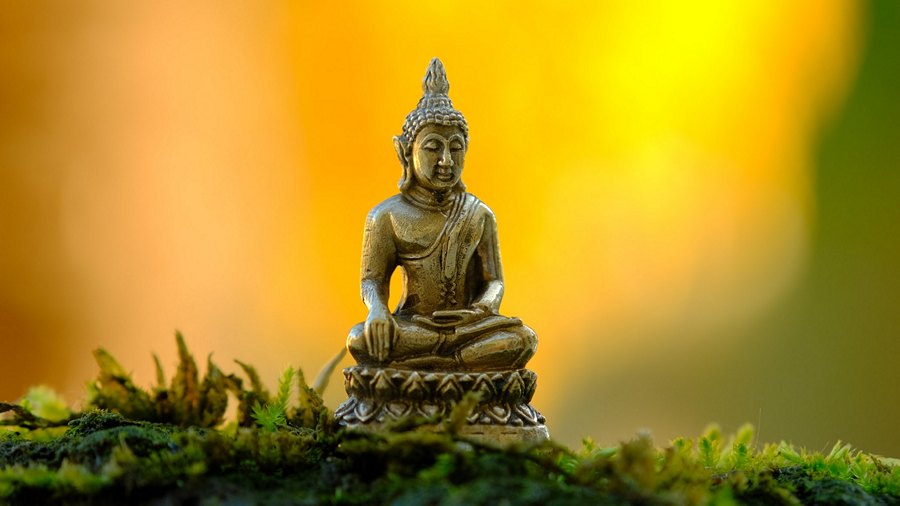
 All translations on this site by Bhikkhu Bodhi are licensed under a Creative Commons Attribution-NonCommercial-NoDerivs 3.0 Unported License.
Bhikkhu Bodhi, The Middle Length Discourses of the Buddha (Wisdom Publications, 2009), The Connected Discourses of the Buddha (Wisdom Publications, 2000), The Numerical Discourses of the Buddha (Wisdom Publications, 2012).
All translations on this site by Bhikkhu Bodhi are licensed under a Creative Commons Attribution-NonCommercial-NoDerivs 3.0 Unported License.
Bhikkhu Bodhi, The Middle Length Discourses of the Buddha (Wisdom Publications, 2009), The Connected Discourses of the Buddha (Wisdom Publications, 2000), The Numerical Discourses of the Buddha (Wisdom Publications, 2012).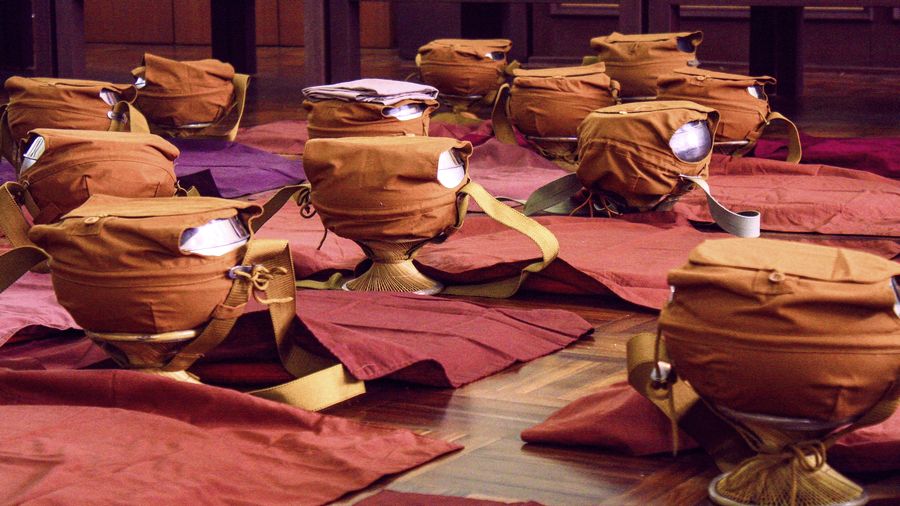
 Translations by Bhikkhu Ṭhanissaro are released under the Creative Commons Attribution-NonCommercial 4.0 Unported License. The author considers any sale, including by non-profit entities for non-profit purposes, to be ‘Commercial’ and a copyright violation. To view a copy of this license, visit the
Translations by Bhikkhu Ṭhanissaro are released under the Creative Commons Attribution-NonCommercial 4.0 Unported License. The author considers any sale, including by non-profit entities for non-profit purposes, to be ‘Commercial’ and a copyright violation. To view a copy of this license, visit the 
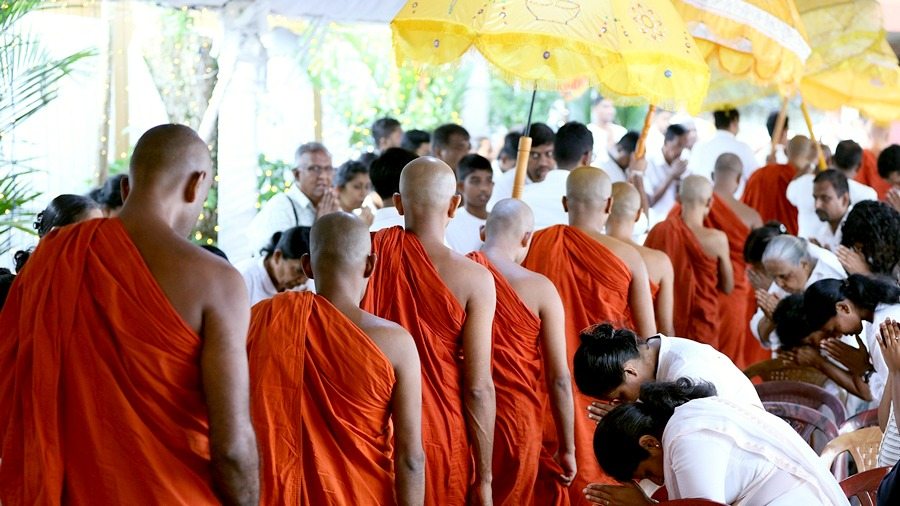
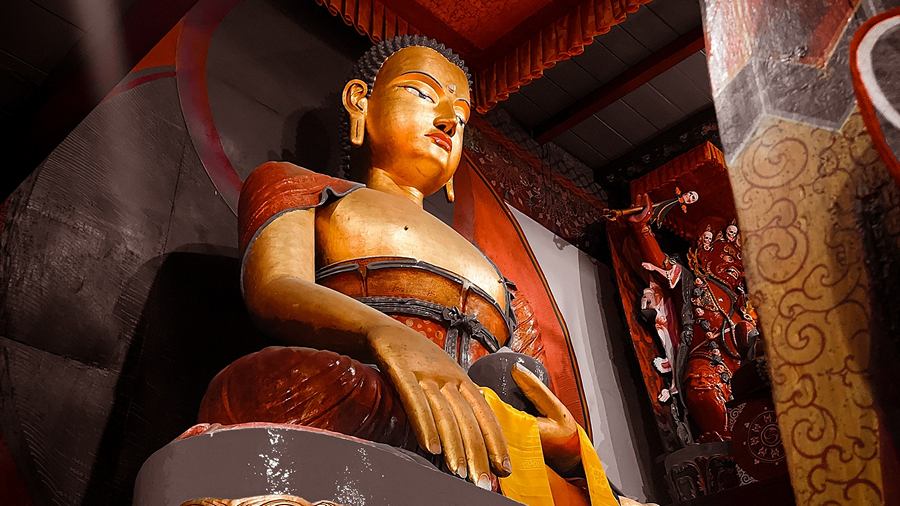
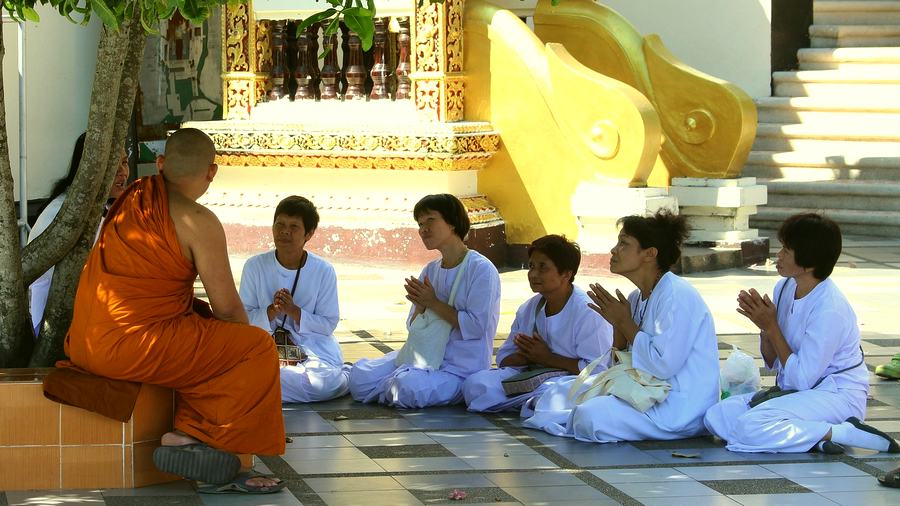

 Copyright: Creative Commons Zero (CC0) To the extent possible under law, Bhikkhu Sujato has waived all copyright and related or neighboring rights to his own translations on
Copyright: Creative Commons Zero (CC0) To the extent possible under law, Bhikkhu Sujato has waived all copyright and related or neighboring rights to his own translations on 







